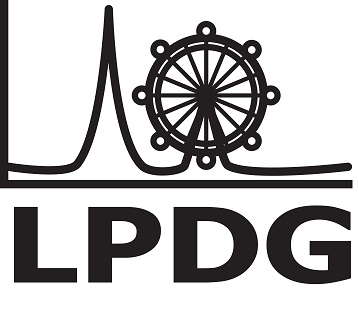 Proteomics seminar series for the South East
Proteomics seminar series for the South East
-- The London Proteomics Discussion Group --
Proteomics seminar series for the South East
 Proteomics seminar series for the South East
Proteomics seminar series for the South East
We are a free, local proteomics seminar series in the South East,
with a focus towards networking, discussion and supporting early career researchers.
The LPDG...
was founded to bring together the large community of proteomics scientists all working in and around London. We aim to provide a space for discussion, with a focus on methods and early career researchers (two fundamental building blocks of good research!), on all topics related to proteomics. The meetings comprise of research talks framed by a proteomics methods challenge, lunch, refreshments and pizza - they are free to attend thanks to sponsorship.
Meeting Dates:
Happy to be here on Bluesky. We'll be doing a little series of "meet the committee members" over the next few weeks, having just held our elections for new members. Look out for the old and new faces coming soon 😊
— London Proteomics Discussion Group (@lpdg.bsky.social) December 8, 2024 at 7:00 PM
These seminars would not be possible without our amazing sponsors.
If you are interested in sponsoring an LPDG seminar,
please get in touch at sponsor@londonproteomics.co.uk
for 29th October 2025 Time 12:00
Would you like to present at an LPDG meeting? Email: speaker@londonproteomics.co.uk
Research presentations from:
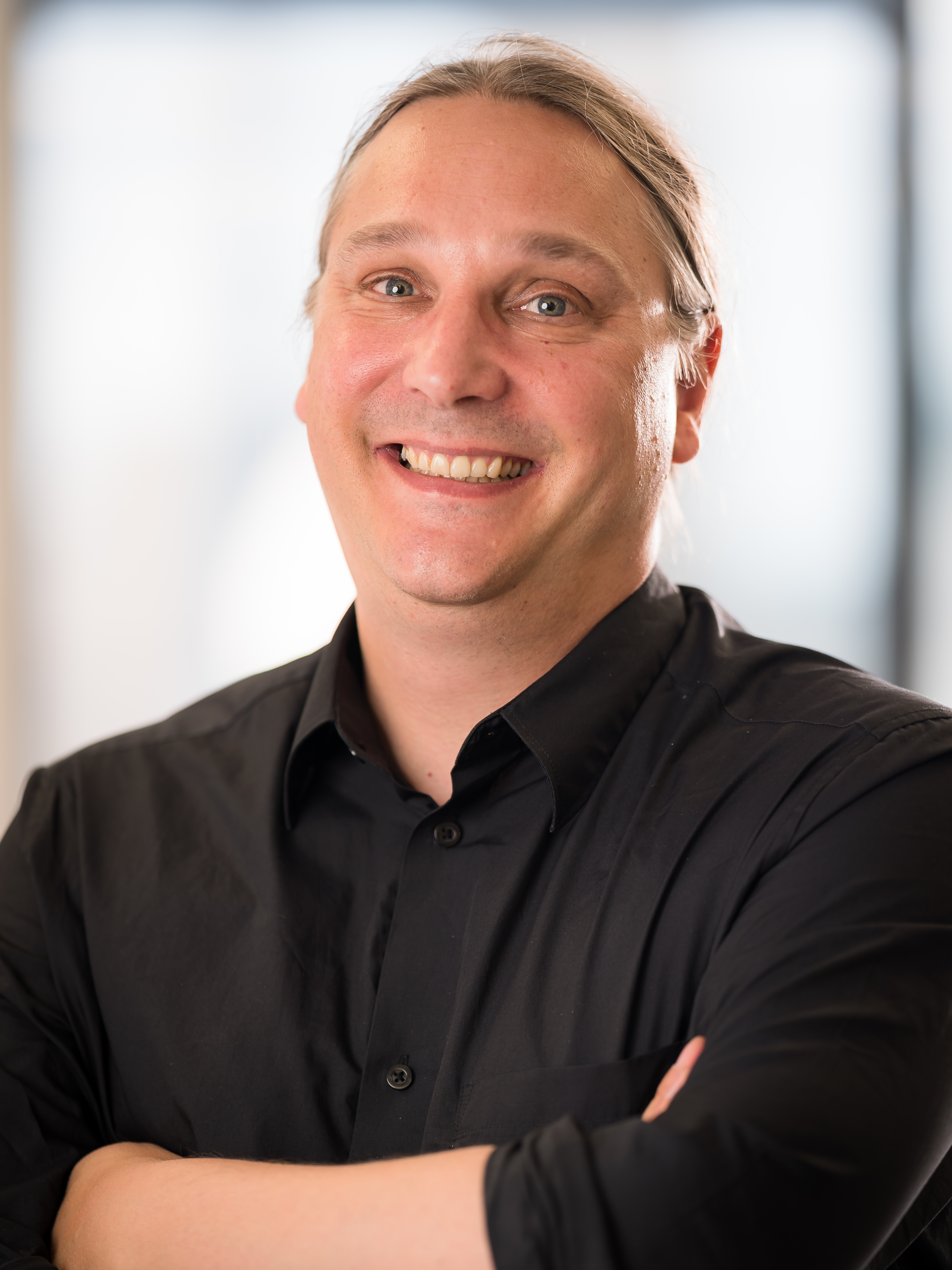
Since 2017 Matthias Trost is Professor of Proteomics in the Faculty of Medical Sciences at Newcastle University, UK. His research focusses on developing proteomics tools in the phosphorylation and ubiquitylation area. He applies these technologies to understand signalling events in innate immunity, phagosome biogenesis and human disease and translates findings towards drug discovery using high-throughput mass spectrometry.
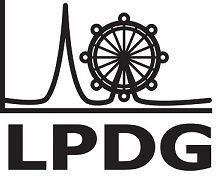
TBC

Emily currently is a senior scientific database curator and project liaison at UniProt, based at EMBL-EBI in Hinxton, Cambridge. I am passionate about scientific communication and work with both the curation and website development teams at UniProt to drive user-centric improvements and data integration in response to community feedback. My research background is in wet-lab proteomics investigation of aberrant signalling pathways in cancer and I now act as UniProt’s proteomics subject matter expert and focus my efforts on integration of large-scale PTM-enriched proteomics data and curation of mammalian proteins involved in cell adhesion, disease mechanisms and osteogenesis.
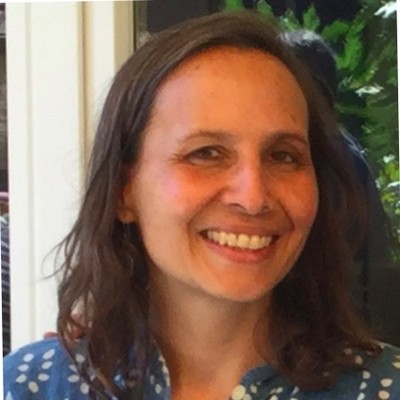
TBC
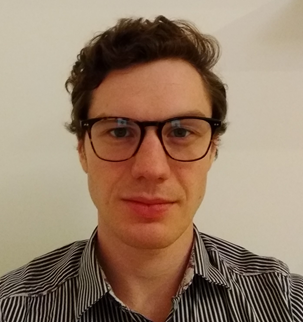
Jack is a post-doc in the Tate Group at Imperial with an interest in proteomics methodology development and bioinformatics.